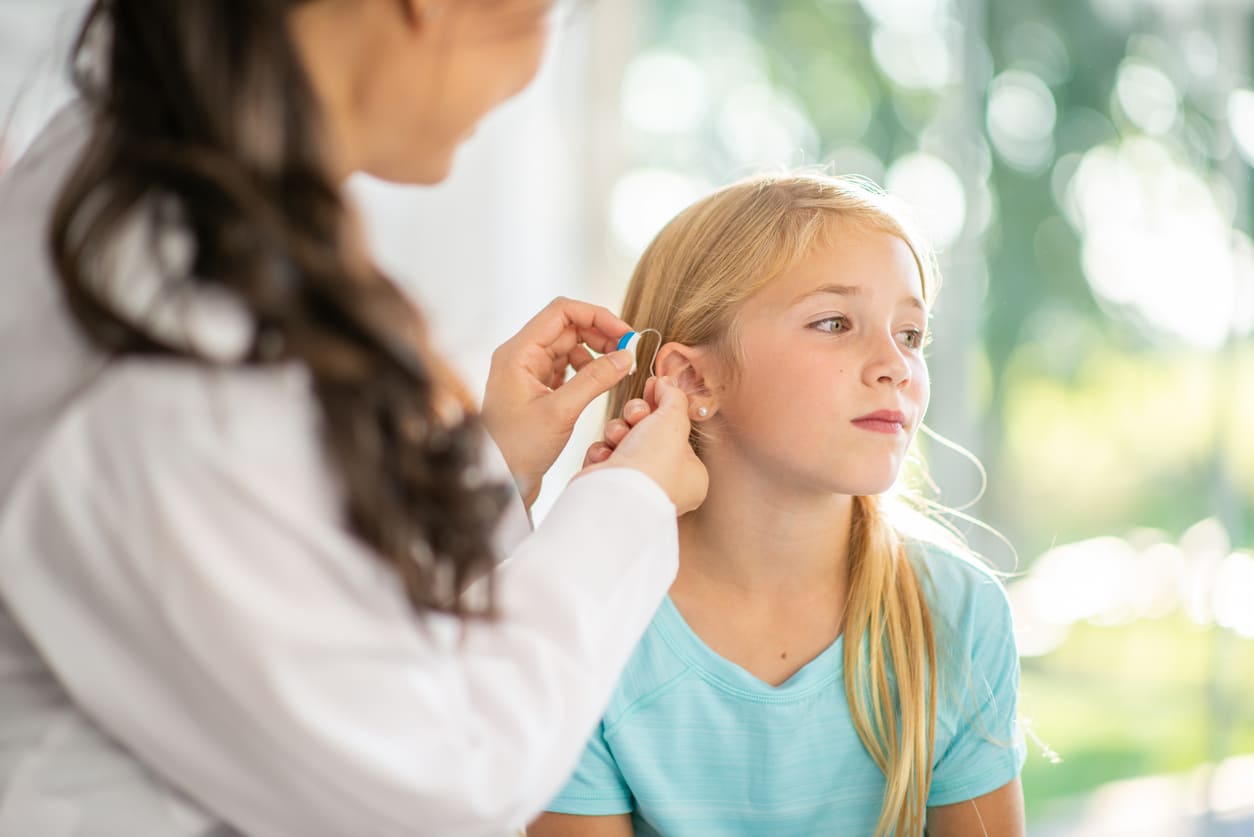Hearing plays an important role in students’ learning routine at school. For students with hearing loss, educational audiologists provide support, ensuring they have the tools and accommodations needed to thrive in school.
How Educational Audiologists Support Students
Educational audiologists focus on making learning environments more accessible for students with hearing loss. Their work ranges from identifying hearing loss to implementing classroom modifications that improve communication.
Detecting and Evaluating Hearing Challenges

One of the primary responsibilities of an educational audiologist is to assess students’ hearing abilities and determine how any differences impact their hearing. This process includes:
- Conducting hearing screenings to identify potential hearing loss
- Evaluating the effects of hearing difficulties on speech development and academic performance
- Collaborating with teachers and parents to create customized learning plans
Improving Classroom Accessibility
Once hearing loss is identified, educational audiologists help schools implement strategies that create a more inclusive learning environment. Some key accommodations include:
- Assistive listening devices: Tools like FM systems help students hear their teachers more clearly, even in noisy classrooms.
- Seating adjustments: Placing students in an optimal position, such as near the front of the class, minimizes background noise.
- Acoustic modifications: Sound-absorbing materials and quieter learning spaces can help reduce auditory distractions.
- Teacher training: Educators receive guidance on best practices for communicating with students who have hearing loss.
Enhancing Communication and Social Skills
Beyond academics, educational audiologists support students in developing confidence and self-advocacy skills. Students with hearing loss may struggle to engage in group activities or noisy settings like school assemblies or lunchrooms. Audiologists help by:
- Teaching students how to advocate for their hearing needs.
- Encouraging peer education to foster an inclusive classroom environment.
- Providing strategies for navigating noisy areas, such as gymnasiums or outdoor playgrounds like Brace Canyon Park.
Collaborating with Schools and Healthcare Professionals
To provide comprehensive care, educational audiologists work closely with:
- Clinical audiologists who conduct in-depth hearing evaluations
- Speech therapists who assist with language development
- Special education teachers who tailor lesson plans to meet student’s needs
- Specialists when further treatment, such as cochlear implants or hearing aid adjustments, is required
For students with hearing loss, the right support can make a make a difference. Without proper intervention, they may face challenges in keeping up with lessons, socializing with peers, or feeling confident in their abilities.
If you have concerns about your child’s hearing and learning experience, consult Sound Advice to learn more about local resources and support. Contact Sound Advice to schedule an appointment today.